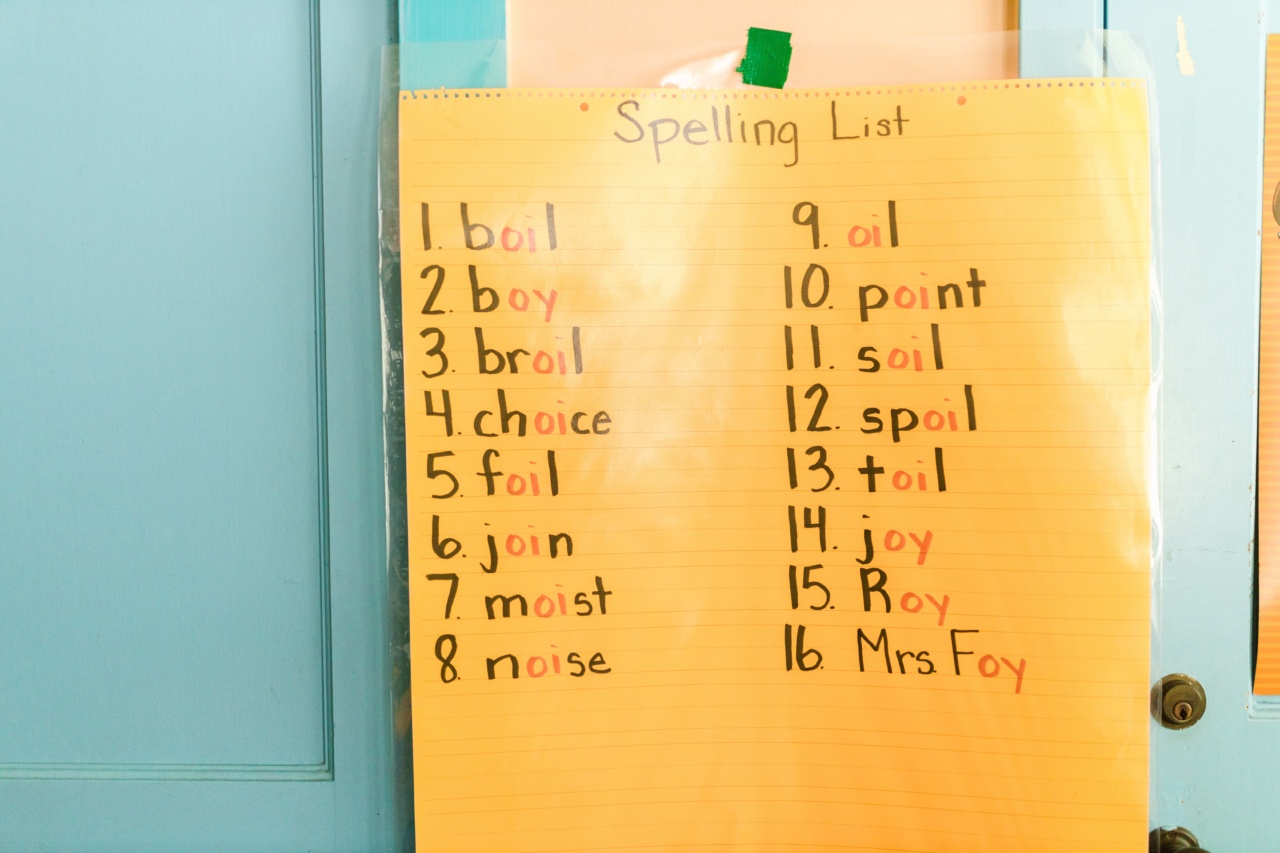Learning difficulties can pose significant challenges for individuals of all ages.
Whether it’s struggling to read, comprehend complex concepts, or retain information, these difficulties can have a profound impact on academic achievement and overall confidence. However, it’s important to remember that learning difficulties are not indicative of intelligence and can be overcome with the right strategies and support.
Recognizing Learning Difficulties
Learning difficulties come in various forms and can affect different aspects of learning. Some common signs to look out for include:.
- Difficulty with reading, writing, or spelling
- Struggles with understanding and applying mathematical concepts
- Inconsistent academic performance
- Trouble staying focused or paying attention
- Difficulty following instructions
Understanding the Causes
Learning difficulties can stem from various factors, including:.
- Genetic predisposition
- Neurological differences
- Environmental factors
- Underlying health conditions
An accurate diagnosis conducted by professionals can help identify the specific cause of learning difficulties, allowing for tailored interventions.
Creating a Supportive Environment
An inclusive and supportive environment is crucial for individuals with learning difficulties. This includes:.
- Clear communication and instructions
- Encouraging a growth mindset
- Providing visual aids or assistive technology
- Offering remedial or specialized instruction
By fostering a positive atmosphere, individuals are more likely to feel supported and motivated to overcome their learning difficulties.
Personalized Learning Strategies
Adopting personalized learning strategies can significantly enhance the learning experience for individuals facing difficulties. Some effective approaches include:.
- Multi-sensory learning techniques
- Chunking information into smaller, manageable parts
- Using mnemonic devices and visual imagery
- Creating a structured routine and study schedule
- Regularly reviewing and summarizing key information
Seeking Professional Help
When facing persistent learning difficulties, seeking professional help is essential. Experts such as educational psychologists, speech and language therapists, or learning disability specialists can provide:.
- Evidence-based assessments
- Individualized interventions
- Specialized support and resources
Professional guidance can empower individuals to develop effective strategies and reach their full potential academically and personally.
Building Self-Esteem and Confidence
Individuals with learning difficulties often face low self-esteem and confidence issues due to academic challenges. Building self-esteem is a crucial aspect of overcoming these difficulties. Some techniques to boost self-esteem include:.
- Identifying and celebrating personal strengths and achievements
- Encouraging participation in activities that promote success
- Providing constructive feedback and support
- Developing self-advocacy skills
By nurturing self-esteem and confidence, individuals can develop a positive mindset for tackling learning difficulties.
Supportive Learning Resources
Utilizing supportive learning resources can greatly assist individuals with learning difficulties. Some helpful resources include:.
- Assistive technology tools, such as text-to-speech software or graphic organizers
- Specialized educational programs and apps
- Audiobooks and accessible reading materials
- Online communities for support and sharing experiences
These resources can help individuals overcome hurdles and facilitate a more inclusive learning experience.
Building a Strong Support Network
A strong support network is invaluable when facing learning difficulties. Surrounding oneself with understanding and empathetic individuals can provide:.
- Emotional support
- Encouragement and motivation
- Opportunities for collaboration and learning from peers
Family, friends, teachers, and support groups all play significant roles in cultivating a robust support network.
Conclusion
Overcoming learning difficulties is a journey that requires patience, perseverance, and support.
By recognizing the signs, understanding the causes, and implementing personalized strategies, individuals can thrive academically and regain their self-confidence. With the right resources, professional guidance, and a strong support network, learning difficulties can be successfully overcome.






























